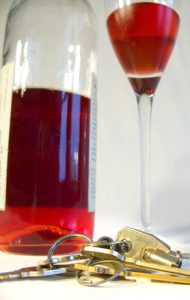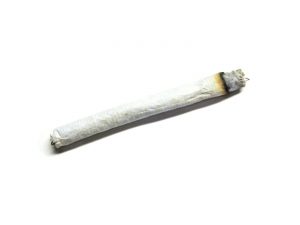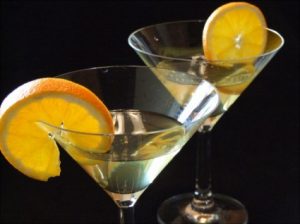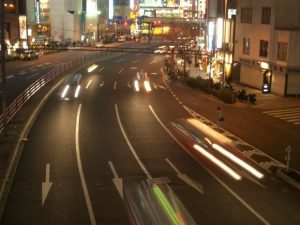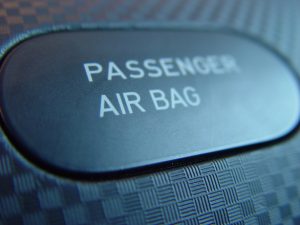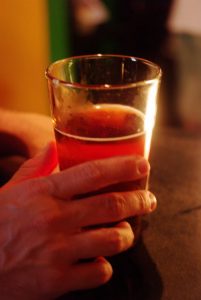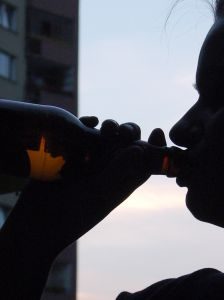In the criminal justice system, a drunk driver or a drugged driver who causes serious injury as a result of a crash face up to 10 years behind bars, with a minimum mandatory of six months. However, as recently reported by The Patriot Ledger, felony drunk driving defendants on average serve a little over a year in prison. Only 42 percent of defendants in misdemeanor cases serve time in jail, with the average serving about 8 months. 
But for those injured in Massachusetts drunk driving crashes, the journey is only just beginning. Anyone injured in a crash caused by another motorist in the Commonwealth must first file a claim with their own health and auto insurance companies (though personal injury protection benefits) before pursuing a claim against the other driver. Problematically, drunken and drugged drivers have disparately few assets and often only the minimum mandatory auto insurance coverage.
For most victims, that means their own insurer will cover the first $2,000 in medical bills, after which time their own medical insurance kicks in (with their auto insurer stepping in to reimburse policyholders for doctor co-pays, deductibles and lost wages) up to $8,000. Those who do suffer severe injuries can file a liability claim against the other motorist for a range of damages, which includes past and future medical expenses, lost wages, lost earning capacity, pain and suffering, loss of life enjoyment and loss of consortium. However, state law mandates drivers only need carry a minimum of $20,000 for every person who is injured in a crash – an amount that has remained stagnant since the 1990s. There is a state bill legislators are currently considering that would raise that to $50,000, but there is no guarantee that will pass. Given the fact that health care, wages and other expenses have risen the last two decades, it makes little sense that the minimum mandatory auto insurance policy would not also rise. Continue reading

 Boston Drunk Driving Accident Lawyer Blog
Boston Drunk Driving Accident Lawyer Blog




